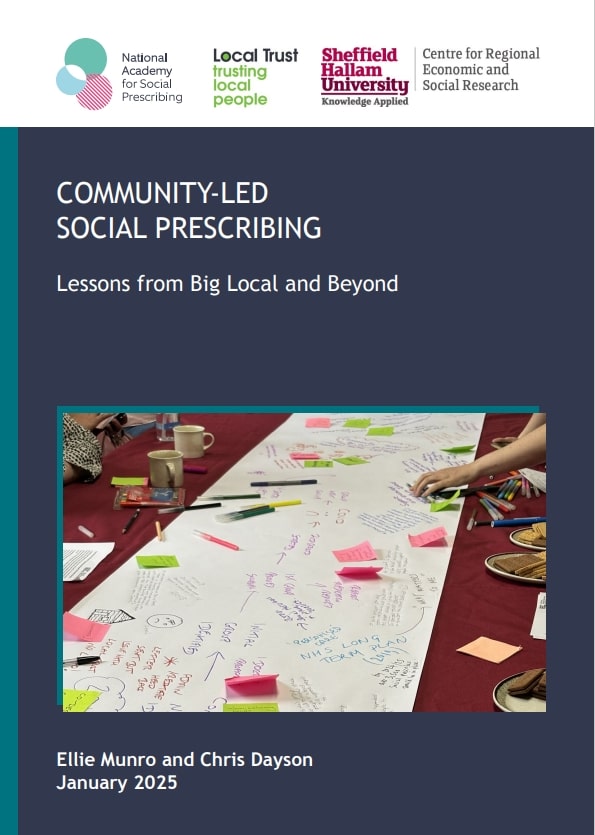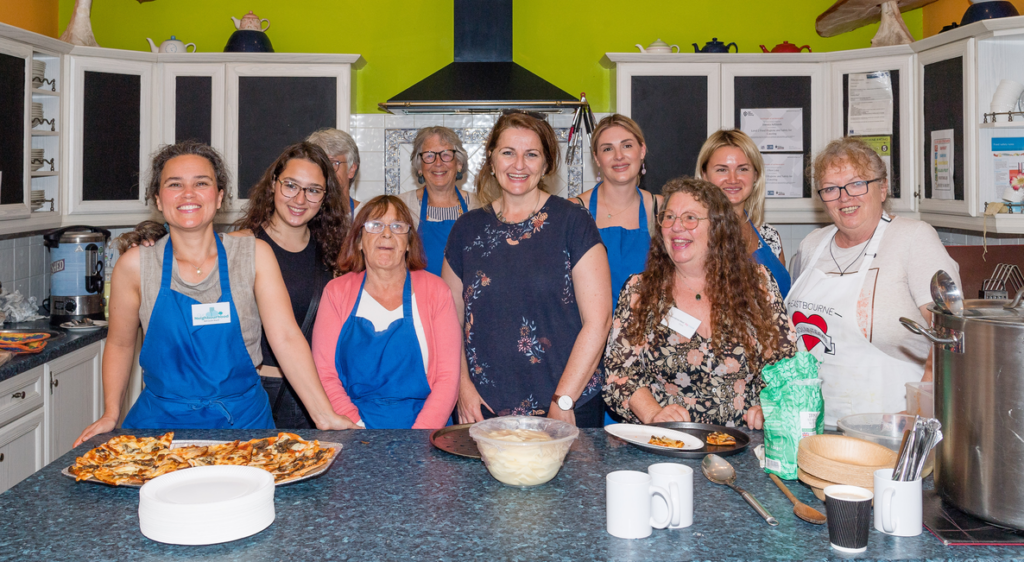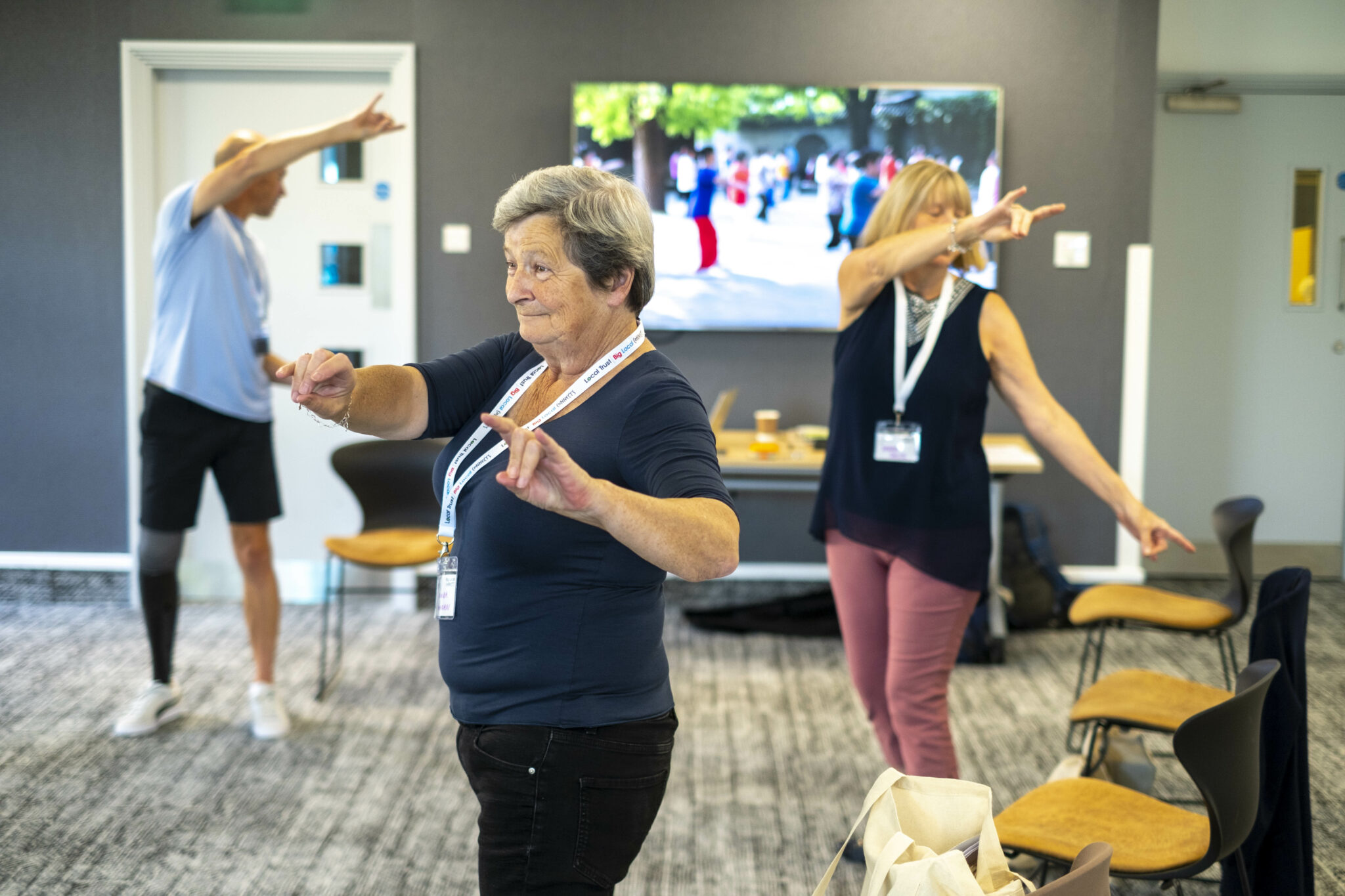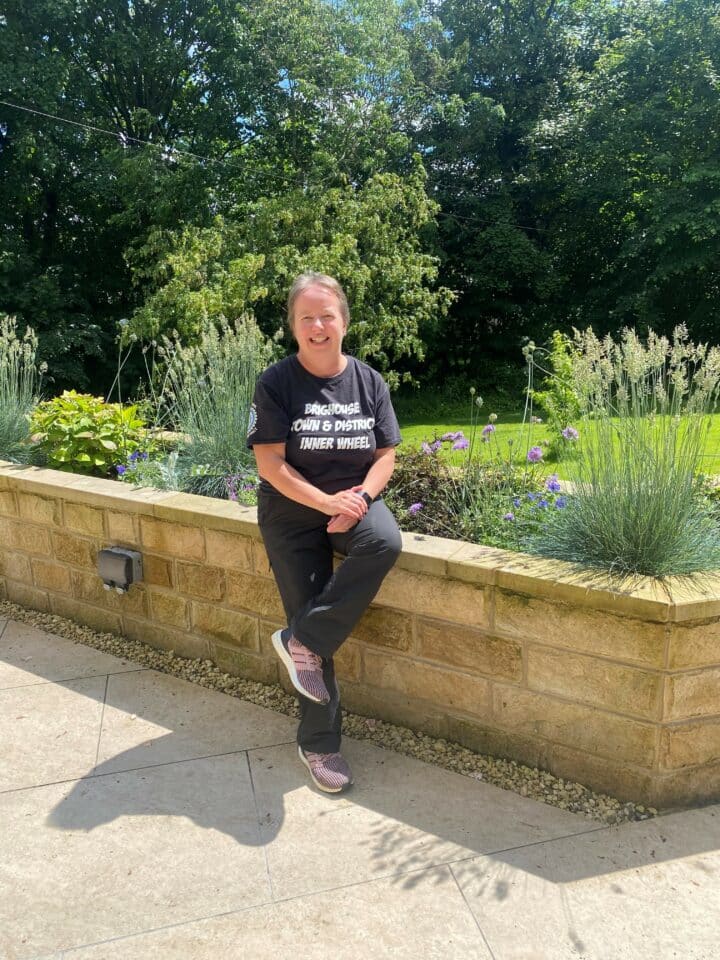Good health depends on more than just medicine. There are many factors – such as debt, loneliness, and poor housing – that significantly affect our health and wellbeing and can’t be treated by doctors or medicine alone. Social prescribing can help change such circumstances that make people unwell.
What is social prescribing?
Social prescribing is a term for giving people a non-medical ‘prescription’ to something that will improve their health.
It’s a process in which a healthcare practitioner (often one based in a GP surgery) connects patients with non-medical support, typically at a community or neighbourhood level. This kind of support could be arts-based, a social activity, a form of physical exercise, or information and advice.
Social prescribing in Big Local
Since its conception in 2012, the Big Local programme has been delivering a wide range of activities that fall under the umbrella of social prescribing. This support includes:
- Accepting referrals from social prescribing link workers to existing Big Local activities
- Providing office space to social prescribing services
- Setting up new groups and activities to meet local health needs, which have clear links to social prescribing
While social prescribing is often described as ‘community based,’ its focus on individual outcomes has previously overlooked the critical role that communities and community leadership play in identifying solutions.”
Matt Leach, former CEO, Local Trust
Read on to explore our research on community-led social prescribing, building on learnings from the Big Local programme.
Community-led social prescribing: Lessons from Big Local and beyond
We worked with the National Academy for Social Prescribing and the Centre for Regional Economic and Social Research (Sheffield Hallam University) to explore the potential for greater community involvement in, and leadership of, social prescribing in England – drawing on the experiences of Big Local areas.
The report defines community leadership of social prescribing as being: ‘where residents have been able to influence and/or take a lead in the design, delivery and evaluation of local social prescribing programmes, based on residents’ needs and identified solutions.’

How can social prescribing put communities at the heart of healthcare?
“In order to see stronger community leadership in the social prescribing space, funding needs to be passed down to communities, and referrals into community activity need to be accompanied by link workers developing relationships with community groups.”
Local Trust’s research manager, Lucy Terry, reflects on what’s needed to put communities at the heart of healthcare.




